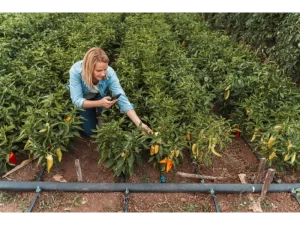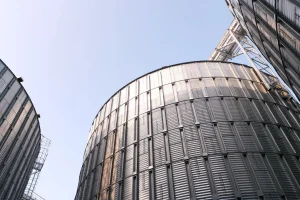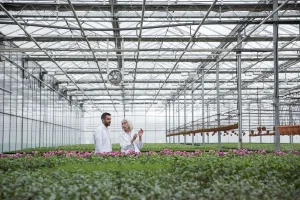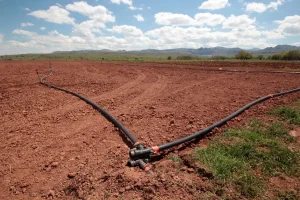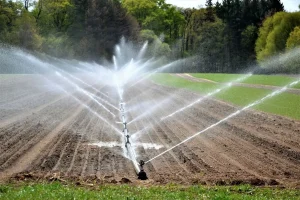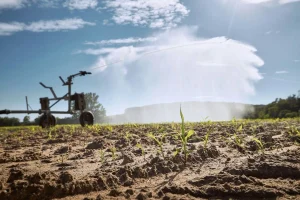Smart irrigation technologies are important systems that increase productivity in agriculture. They also save water. Therefore, the sustainable use of water resources is supported.Unnecessary water consumption is prevented. Irrigation follows plant needs. Thus, plant health is protected. It also contributes to the prevention of soil erosion. Therefore, agricultural production becomes more balanced.Energy consumption is reduced. Sensors and software work together. Thus, irrigation timing is correct. Weather data is also considered. Therefore, excessive water use is prevented. Costs are reduced and profits increase. Smart Irrigation Technologies provide eco-friendly solutions. Thus, the agricultural carbon footprint is reduced.
Advantages of Smart Irrigation Technologies
- Water Conservation: Sensors measure soil moisture levels so that only the necessary amount of water is used.
- Energy Efficiency: Thanks to automation systems, irrigation is carried out at the most efficient times, thereby reducing energy costs.
- Plant Health: Supports the ideal growth process of plants by preventing over- or under-watering.
- Time Savings: Farmers no longer need to manage irrigation processes manually; the systems operate automatically.
- Soil Fertility: Balanced irrigation preserves nutrient values in the soil and prevents erosion caused by excessive water use.
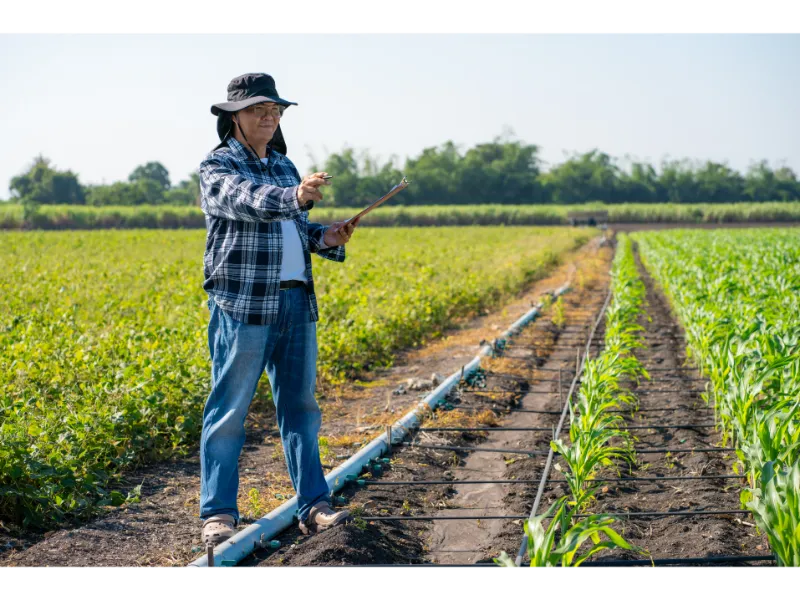
How Smart Irrigation Systems Work
It is based on a data-driven management approach. In addition, soil moisture sensors are used. Therefore, the water requirements of plants are accurately determined. Excessive water consumption is prevented. Weather forecasts are integrated. Thus, irrigation is planned by rainfall. Plant-specific settings are made. Therefore, unnecessary water use is prevented. In this case, the irrigation process is automated. Additionally, energy savings are achieved. This way, costs are reduced. Additionally, an increase in efficiency is observed. As a result, the producer’s profit increases. In this case, environmental impacts are reduced. Additionally, continuous analysis is provided. This way, system efficiency is measured. Additionally, necessary adjustments are made.
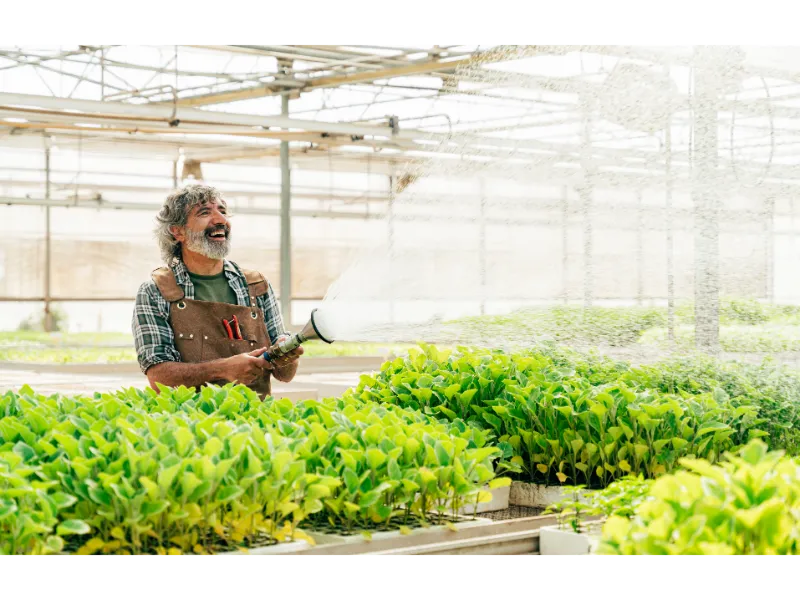
Types of Smart Irrigation Technologies
Smart irrigation systems are categorized by different needs.
- Drip Irrigation Systems: These systems provide water directly to the root zone of plants, ensuring maximum yield with minimum water loss.
- Automatic Sprinkler Systems: Suitable for large agricultural areas, these systems irrigate by spraying water at specified times.
- Soil Moisture Sensor Systems: These systems measure the moisture level in the soil and only irrigate when needed.
- Satellite and IoT-Supported Irrigation Systems: These systems, which operate with GPS and internet connectivity, integrate weather data to create the most intelligent irrigation plans.
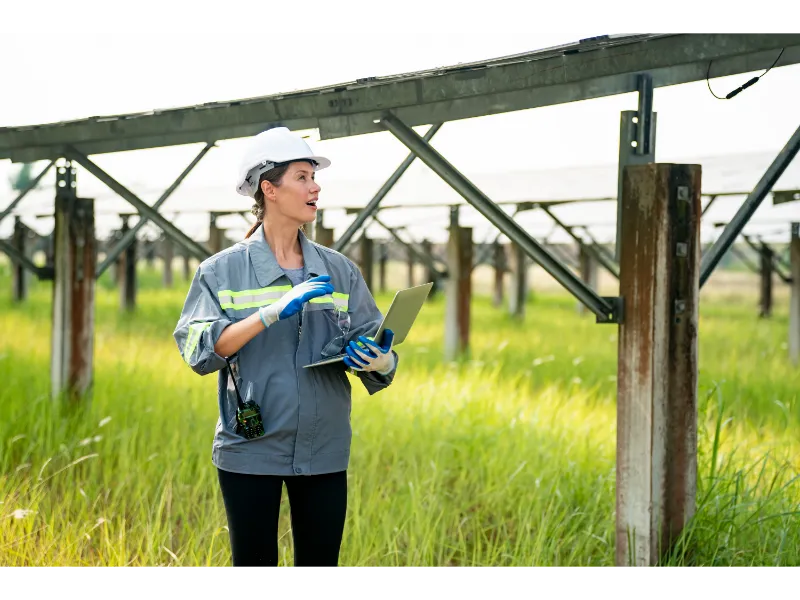
Smart Irrigation for Sustainable Agriculture
Smart irrigation is vital for sustainability. It saves water and conserves resources. Efficient production is achieved. Sensors measure soil moisture. Thus, unnecessary irrigation is prevented. Furthermore, irrigation is carried out according to plant needs. Therefore, plant health is protected. In this case, excessive water consumption is prevented. Furthermore, energy savings are achieved. This reduces costs. As a result, time is saved. In this case, environmentally friendly practices become more widespread. Additionally, carbon emissions decrease. This contributes to mitigating climate change. Furthermore, data is continuously analyzed. As a result, the system updates itself. In this case, productivity increases. Additionally, digital agriculture applications develop.
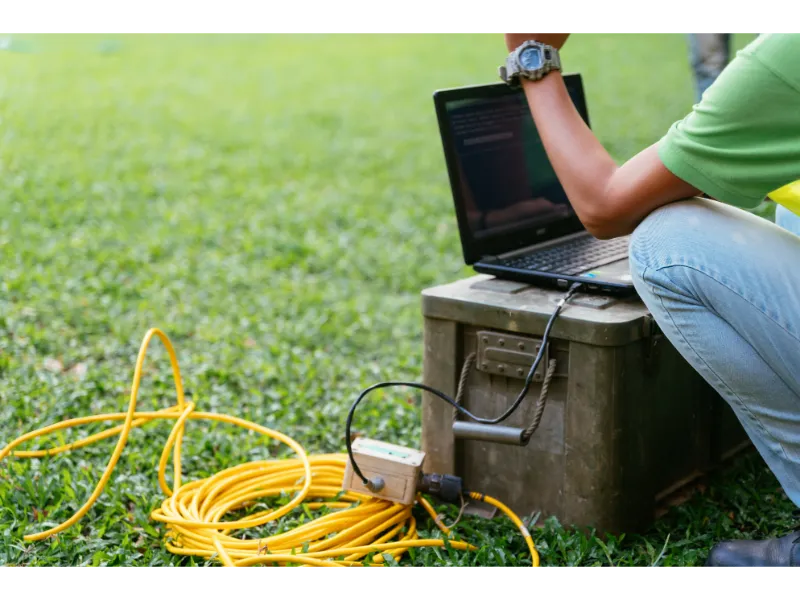
Areas of Application for Smart Irrigation Systems
Smart irrigation systems have a wide range of applications. They are also used extensively in agricultural fields. This results in water savings. In this case, crop yields increase. They also play an important role in greenhouse production. In this way, controlled irrigation is achieved. They are also preferred in vineyards and gardens. This helps maintain product quality. They are also used in lawn areas. They are also common in parks and gardens. This makes regular maintenance easier. It is also preferred in golf courses. This ensures the aesthetics of the area. In this case, it is suitable for landscaping areas. Furthermore, the areas of application for Smart Irrigation Systems are increasing day by day. This results in less energy consumption. In this case, costs decrease. Additionally, environmental impacts are reduced. It is also used in drip irrigation systems. This preserves the structure of the soil.
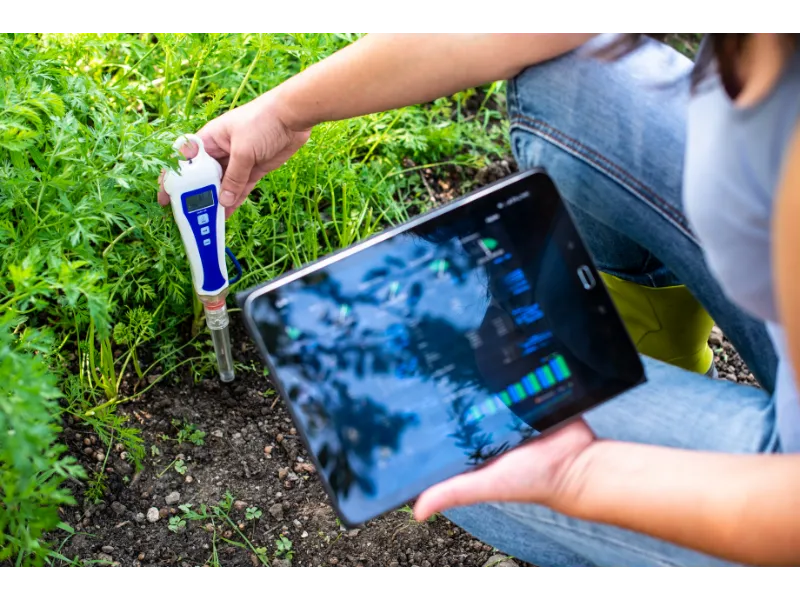
Smart Irrigation Solutions with Güneysu Teknik
Güneysu Teknik offers customized solutions to farmers and businesses with its team of experts in smart irrigation technologies. By designing irrigation systems that are best suited to plant types, soil structures, and climate conditions, it supports efficient and sustainable agriculture. Solutions integrated with advanced automation systems can be easily managed thanks to user-friendly interfaces.
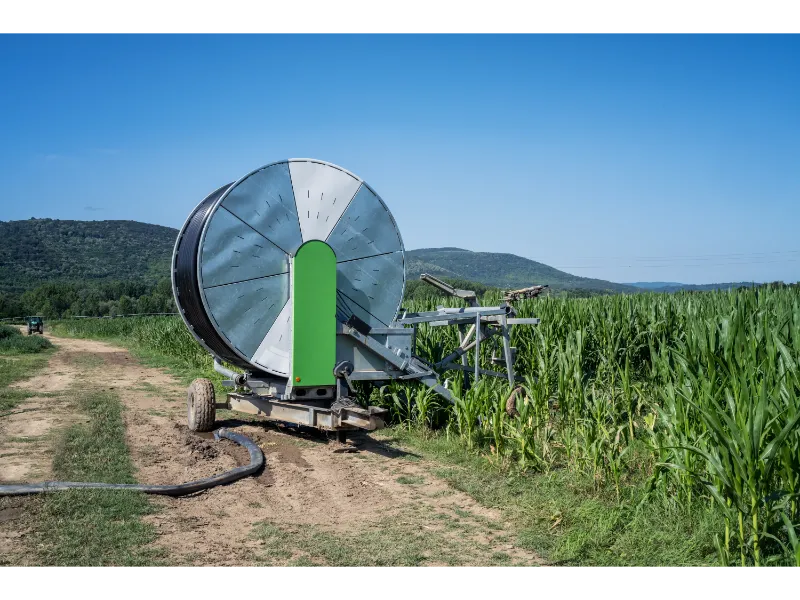
Conclusion
Smart irrigation technologies are one of the most important innovations developed to make agricultural production more efficient, sustainable, and economical. Proper water management reduces costs for farmers and ensures the conservation of water resources. Smart irrigation solutions provided by specialized companies like Güneysu Teknik are shaping the future of modern agriculture. Choose smart irrigation technologies to achieve the best results on your farmland!
Frequently Asked Questions
What are smart irrigation systems? Smart irrigation systems are systems that provide data-driven irrigation controlled by sensors and software.
How do smart irrigation systems work? They automatically irrigate based on soil moisture sensors, weather data, and plant needs.
Why are smart irrigation systems important for sustainable agriculture? They save water and energy, reduce environmental impacts, and increase crop yields.
Where are smart irrigation systems used? They are used in fields, greenhouses, gardens, landscaping, lawns, and golf courses.
Which plants are suitable for smart irrigation? It is suitable for vegetables, fruits, field crops, and ornamental plants.
How much water can be saved with smart irrigation? Water savings of 30% to 50% can be achieved.
Are these systems suitable for small farms? Yes, they can be easily implemented on small farms and provide economic benefits.
How is smart irrigation used in greenhouse farming? It provides automatic, balanced irrigation based on plant type and climate data.
How does smart irrigation contribute to the environment? It prevents unnecessary water consumption, protects soil structure, and reduces carbon emissions.
What is the payback period for smart irrigation systems? They typically pay for themselves within 2-3 years.

